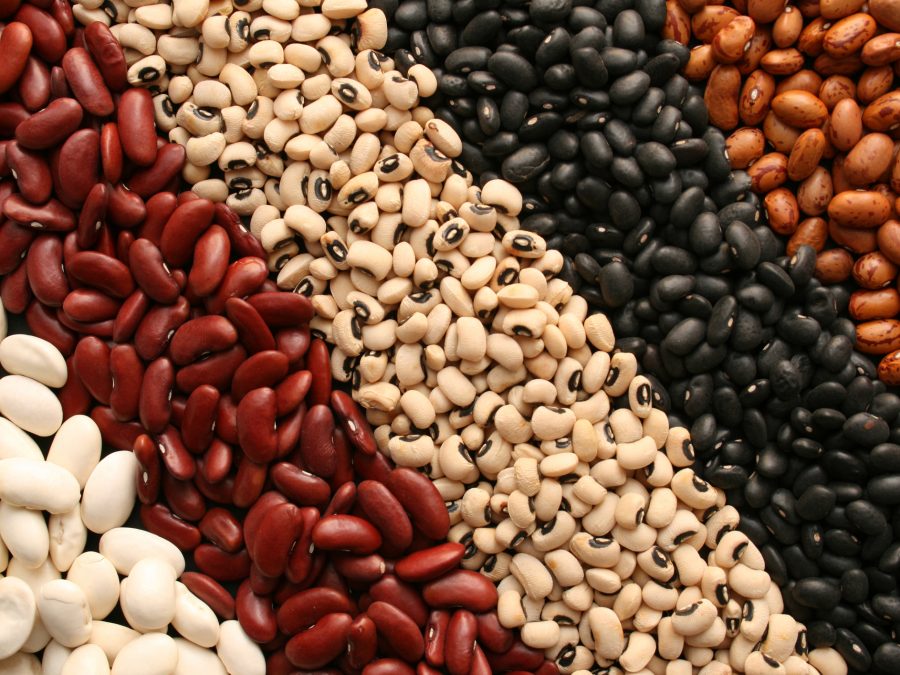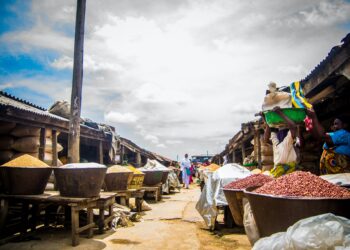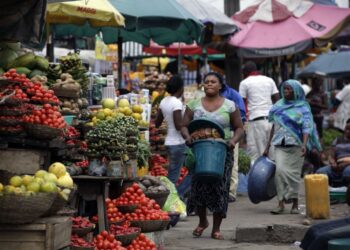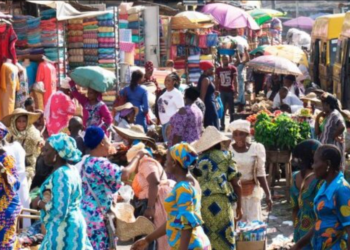Although Nigeria is regarded as the number one producer of Cowpea (beans) in the world, it has been revealed that the country also spends an estimated N16 billion annually for beans importation from neighbouring countries such as Cameroon and Burkina Faso.
This was disclosed, yesterday, in Abuja by the Permanent Secretary of the Ministry of Science and Technology, Mr. Bitrus Bako, during a training organised for journalists by the Open Forum for Agricultural Biotechnology in Africa.
According to Bako:
“It may interest you to note that Nigeria is the number one producer of cowpea globally. yet, there is consumption deficit of half a million tonnes, prompting imports from neighbouring countries like Cameroon and Burkina Faso which is estimated to cost N16bn annually.”
Recent Developments
The National Biosafety Management Agency recently approved its first genetically modified crop: the Pod Borer Resistant Cowpea (popularly called beans). This was after it had been genetically modified to resist the pest – Maruca Vitrata, and developed by the Institute For Agricultural Research at the Ahmadu Bello University, Zaria.
Following this development, the cowpea became the first genetically modified food crop to be approved in the country.
Also Read: Nigerians spent N161 billion to import used Vehicles from the U.S in 2018
Import on the rise as Nigeria spent N520bn on foodstuffs, others in 2018
According to the latest import statistics released by the National Bureau of Statistics (NBS), Nigeria’s import for 2018 was estimated at N13.16 trillion. The breakdown of Nigeria’s import data shows that Nigeria’s import increased by 31.6% in 2018.
Also, the Bureau’s report shows that in 2018, Nigeria spent N529bn on Prepared foodstuffs; beverages, spirits, vinegar, and tobacco. The statistics further substantiates the import dependency of the Nigerian economy.
However, cowpea import gap is expected to decline
According to Bako, who was represented by Director, Special Duties, Mr. James Sule, recent certification of environmental safety of genetically modified beans would help to bridge the gap in production. Also, the quality of genetically modified beans expected to be released in 2020, would be safe, nutritious, harmless, and insect free.
“PRIOR TO THE RELEASE, COWPEA (BEANS) PRODUCTION HAS BEEN ACHIEVED ONLY THROUGH EXTENSIVE APPLICATIONS OF PESTICIDES AIMED, IN PART, AT BATTLING THE DEVASTATING BEAN POD BORER. FARMERS WERE FORCED TO SPEND MONEY ON EIGHT OR MORE PESTICIDE APPLICATIONS AT EACH PLANTING CYCLE. YET, THEY STILL LOSE 80 PER CENT OF THEIR YIELDS TO THE VORACIOUS INSECTS.
“WITH BT COWPEA, THE GAP IN PRODUCTION WILL BE BRIDGED AND NIGERIA WILL SAVE N16BN ON ITS IMPORT.”
About genetically modified beans – PBR Cowpea
It has been widely reported that Nigerian beans farmers have faced many challenges such as spraying chemicals about six to ten times in a planting season in a bid to keep off Pod Borer insect, also called Maruca Vitrata.
The Pod Borer insect has the capacity to damage over 80 percent of beans pods. It had remained a sore until Nigerian plant breeders developed a new genetically modified (GM) beans variety called Pod Borer Resistant (PBR) Cowpea.
The new beans variety will ensure farmers spray less chemicals but get a bumper harvest and help transform Nigeria to return to its position as the world’s largest producer of beans.






















